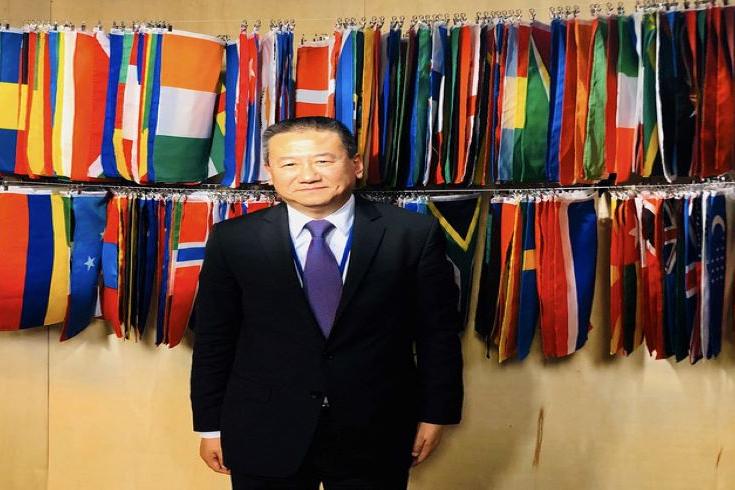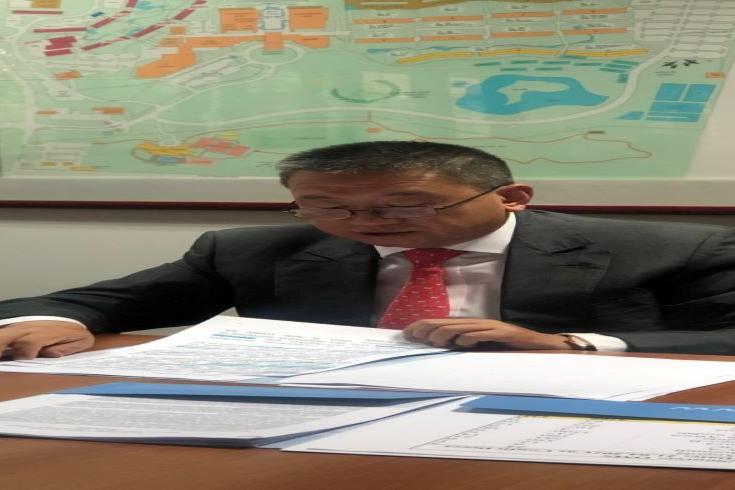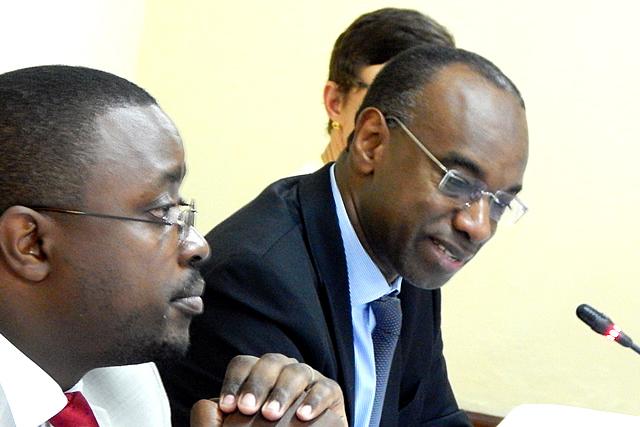The Office of the Special Envoy of the Secretary-General for the Great Lakes region convened a workshop on strategic minerals in Zambia’s capital, Lusaka, on 8-10 August 2023. Organized in partnership with the International Conference on the Great Lakes Region (ICGLR) and the Government of Zambia, the meeting provided an opportunity to raise awareness about the inclusion of women and youth in the Great Lakes mining sector and to inform stakeholders about existing regional and national policies in the minerals value chains.
The primary objective of the workshop was to discuss challenges and opportunities of the energy transition within the global and regional context, and in so doing has assisted women and youth to better understand how they can play a more prominent part in the management and operational sectors of the region's mining sector. The meeting also provided an opportunity to understand how legislators can further assist in enacting stronger legislation across the sector.
The meeting brought together participants from across the Great Lakes region (Angola, Burundi, Congo Brazzaville, Democratic Republic of Congo [DRC], Rwanda, Tanzania and Zambia). Women and youth fora from mining associations in the DRC and Zambia reflected on the prominence that mining plays in these two countries. Other participants included representatives of civil society organizations, government ministries for gender and youth, ministries responsible for the mining sector, as well as representatives of the private sector and academia.
Paul M. Kabuswe, Minister of Mines and Minerals Development of the Republic of Zambia, stressed the responsibility of decision makers to influence policy and regulations that encourage women and youth participation at every stage in the mining sector. The United Nations Special Envoy for the Great Lakes region, Huang Xia was represented by Fatou Thiam, his Director of Political Affairs, who expressed appreciation for the strong partnership with Belgium in their provision of funds in supporting the promotion of the inclusion of women and youth in the sustainable management of natural resources in the Great Lakes region. She emphasized the need to ensure that the principle of inclusivity remains at the very heart of any future undertaking in the mining sector.
The Great Lakes region is on the verge of an exciting transformation in its mining sector, with critical minerals like copper, cobalt, lithium, and tin gaining prominence in the global market due to the demand for energy transition. This promising growth presents an exciting opportunity for regional economic diversification and sustainable development. In their plenary sessions, workshop participants committed to contributing to the harnessing of this potential, noting that women and youth make the majority of the region's population and can therefore be central to enhancing the strategic minerals value chains.
The recent establishment of a center of excellence for battery electric vehicles (BEV) at the University of Lubumbashi, as part of a bilateral cooperation agreement between the DRC and Zambia, further demonstrates the region's commitment to capturing a important share of the USD 8 trillion in the BEV global sector by 2025, which is expected to rise to USD 46 trillion by 2050. These initiatives present immense opportunities for economic diversification and development in the Great Lakes region.
The workshop presented an opportunity for the Great Lakes region to expand its understanding of how to strengthen its position in the global mining landscape through greater awareness of the contribution of women and youth, and to promote sustainable and inclusive growth for all. The empowerment of women and youth in the strategic minerals value chains is central to this objective, with economic expansion further supporting the region to move towards lasting peace and sustainable development.






